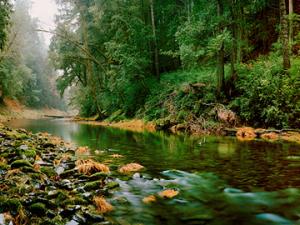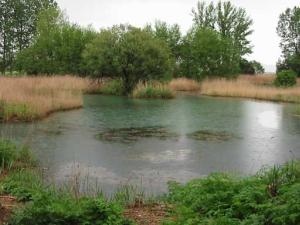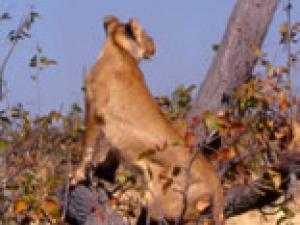

Research Expertise and Interest
freshwater ecology, food webs, trophic dynamics, northern California rivers, watersheds
Research Description
Mary Power is Professor Emeriti in the Department of Integrative Biology and Faculty Manager of the Angelo Coast Range Reserve. Her research interests center on river food webs. She has studied interactions among fish, birds, invertebrates, and algae in temperate and tropical rivers. She is particularly interested in how attributes of species affect food web structure and dynamics, and how strengths of these interactions change under different environmental regimes. Her research group has studied, for example, the interplay of trophic dynamics with hydrologic and productivity regimes in northern California rivers, as well as impacts of invading alien species, and linkages between rivers and their watersheds. Much of their current field work takes place in the South Fork Eel River, within the Angelo Coast Range Reserve in Mendocino, CA, one of the University of California Natural Reserve System's 35 research and teaching reserves. She has also recently started collaborating with Jill Banfield, a geomicrobiologist at Berkeley, in a study of the microbial interactions that generate acid mine drainage, and with earth scientists in a newly funded NSF Science and Technology Center, the National Center for Earth Surface Dynamics, in studies of the evolution of linked eco-geomorphic systems in watersheds.




